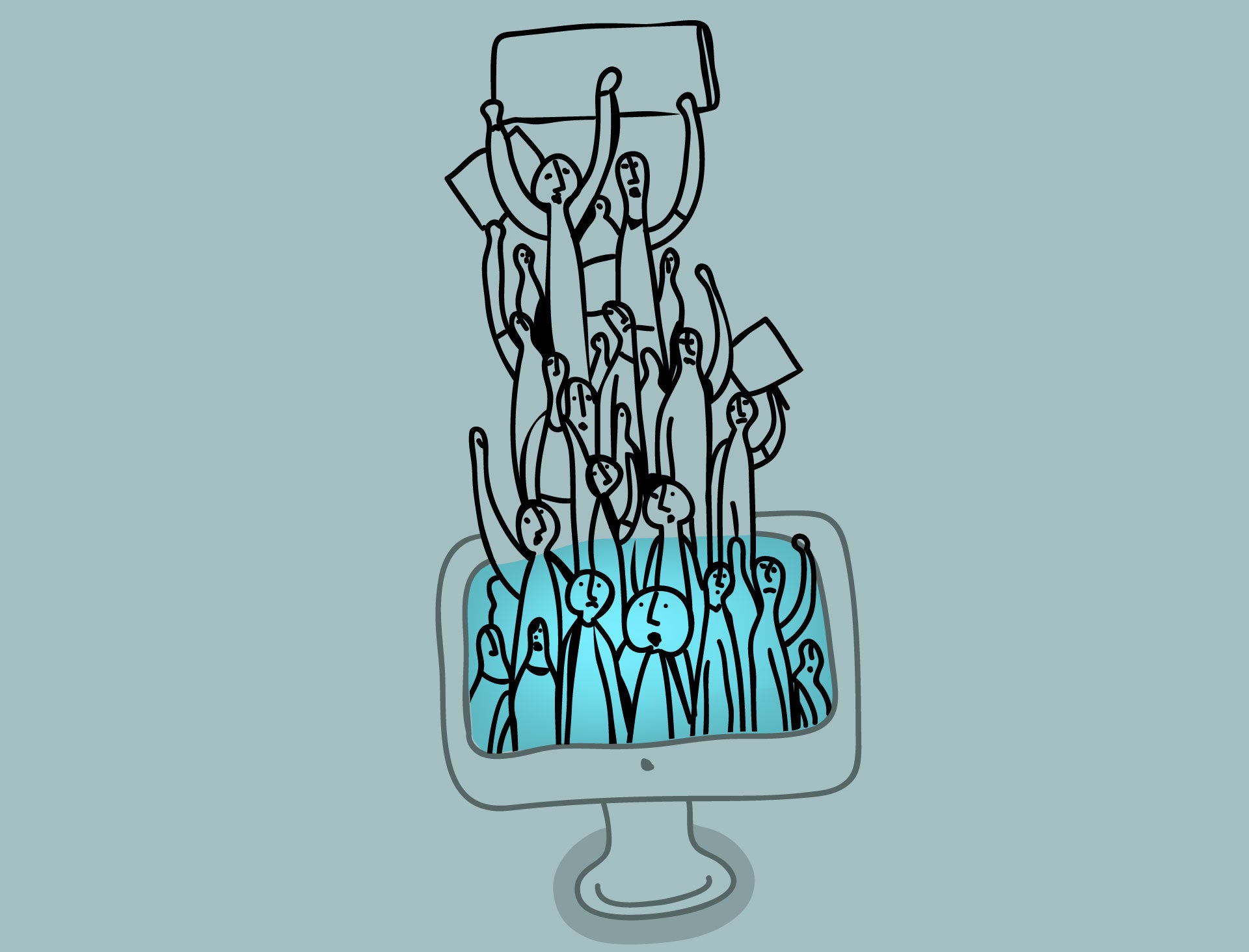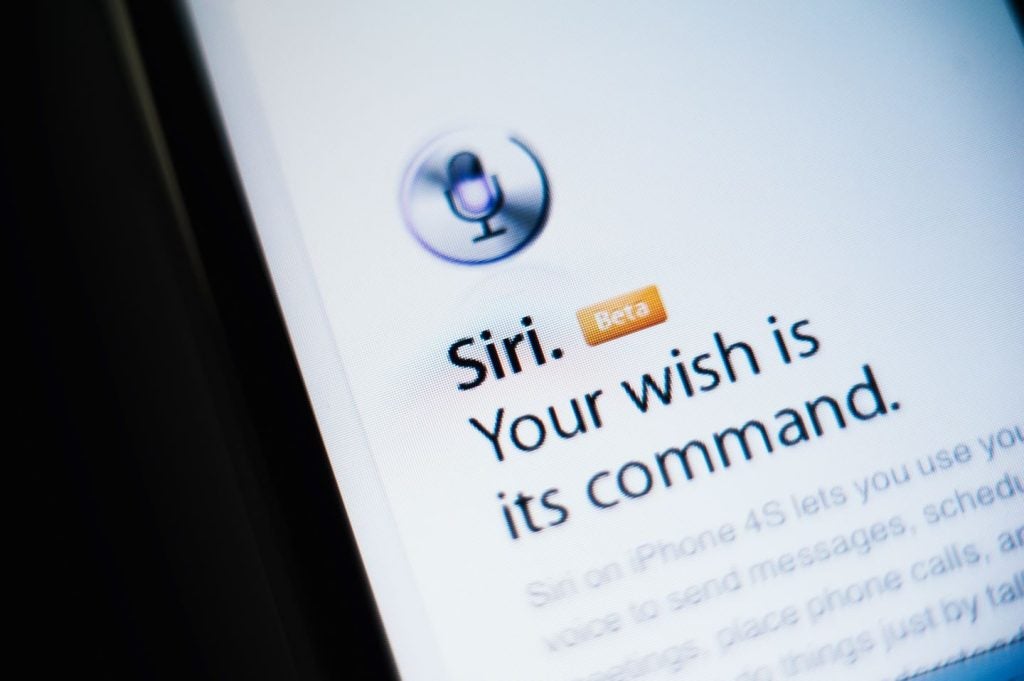
The internet should be made free to access for all as it now plays a vital role in upholding other human rights, according to research published today.
In a study published in the Journal of Applied Philosophy, researchers at the University of Birmingham found that because a large part of political engagement and discourse now occurs online, a lack of access to the internet limits access to basic freedoms.
In particular the research found that those without internet access were at risk of having their freedom of expression, freedom of information and freedom of assembly undermined.
“Internet access is no luxury, but instead a moral human right and everyone should have unmonitored and uncensored access to this global medium – provided free of charge for those unable to afford it,” said Dr Merten Reglitz, lecturer in Global Ethics at the University of Birmingham.
“Without such access, many people lack a meaningful way to influence and hold accountable supranational rule-makers and institutions. These individuals simply don’t have a say in the making of the rules they must obey and which shape their life chances.”
Free internet and human rights: Lessons from political movements
Around the world, many of the most notable political and social movements of recent years have largely been enabled by internet access.
How well do you really know your competitors?
Access the most comprehensive Company Profiles on the market, powered by GlobalData. Save hours of research. Gain competitive edge.

Thank you!
Your download email will arrive shortly
Not ready to buy yet? Download a free sample
We are confident about the unique quality of our Company Profiles. However, we want you to make the most beneficial decision for your business, so we offer a free sample that you can download by submitting the below form
By GlobalDataThe Arab Spring, for example, was in part enabled by online reporting of government atrocities, while in the US police violence against black citizens has largely been brought to the public’s attention via social media channels.
Even the #MeToo campaign has been heavily underpinned by internet connectivity.
Access to the internet has been vital to participate fully in such movements, making a lack of access a serious impairment to fully participating in democracy.
Ensuring free internet for the world’s poorest
While internet access is extremely widespread in many parts of the world, in poorer areas connectivity remains limited.
According to the UK’s Telecommunication Union, as of 2018, only 51% of the world’s population had access, and while connectivity is growing, such growth has slowed in recent times.
Of course, to provide free internet to those that cannot afford this, governments are generally required to step in. However, Reglitz points to examples of where this is already underway, such as in the European Union and the Indian state of Kerela, arguing that this is an attainable goal.
He also argues that where governments refuse to provide such a service, the online community should take action.
“Universal internet access need not cost the earth – accessing politically important opportunities such as blogging, obtaining information, joining virtual groups, or sending and receiving emails does not require the latest information technology,” he said.
“Web-capable phones allow people to access these services and public internet provision, such as public libraries, can help get people online where individual domestic access is initially too expensive.”
Read more: Tony Blair: Technology is vital to defeating populism




